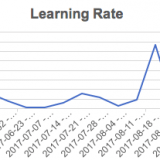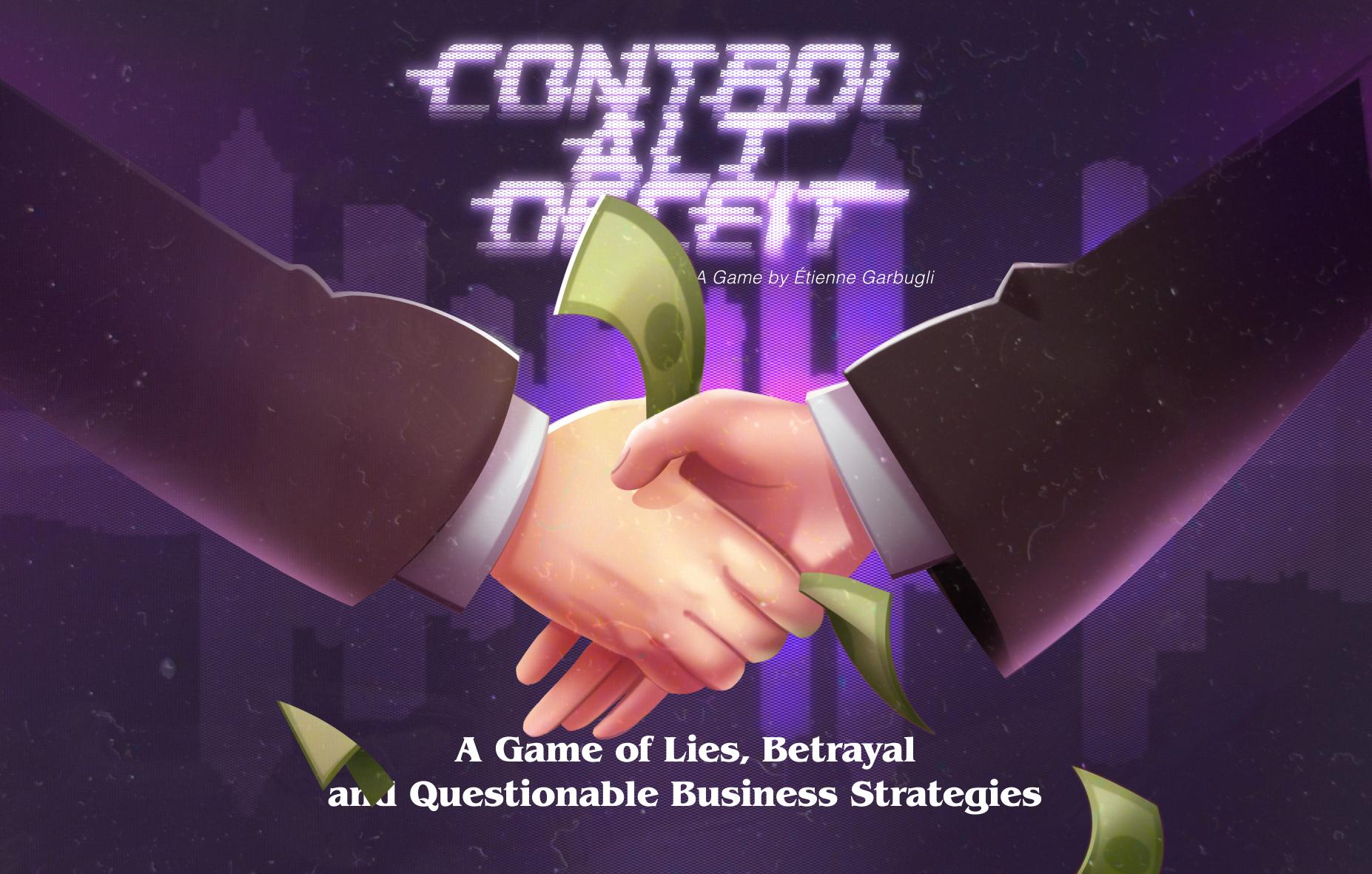Why Knowing Your Multiples Might be Your Greatest Strength

Work on your strengths. Shore up your weaknesses. Where to start?
The problem with being told either of those things is that it’s usually heavily influenced by the context you’re in. In other words: work on the strengths required for this current role and improve the weaknesses highlighted by this organization.
This makes sense short-term, but neither approach is right when managing a career.
Strengths are not equal; not all skills have the potential to transform your career.
After working with hundreds of entrepreneurs as a Consultant, Partner, Employee or Author, I’ve come to realize that many of the most successful entrepreneurs have both major weaknesses and game-changing abilities.
What matters more than working on your strengths or shoring up your weaknesses is the kind of strengths you choose to work on.
Strengths fall into 3 groups:
No-multiple strengths (0 to 1x)
No-multiple strengths are table stakes. They eliminate flaws, but don’t get you promoted.
Writing well is 0 and 1. You could try and become Dostoyevsky, but for a career outside of literature or writing, a 1x return is all you can realistically hope for. Added efforts lead to diminishing returns.
Examples of 0 to 1x strengths:
- Being articulate
- Delivering on time
- Being a team player
- Being effective
- Being punctual
- Being organized
- Writing well
Focusing on No-multiple strengths is good in the beginning of your career. It helps you shore up your weaknesses.
Low-multiple strengths (2 to 5x)
Low-multiple strengths are great ways to take control of your career. They’re your “Maybe if I work a bit harder…”, your 1 + 1 = 3 strengths…
- Communicating clearly
- Delegating effectively
- Leading a team
- Working smart
- Developing an expertise
- Being credible
- Working hard
As powerful as these strengths can be, they all have ceilings.
If you’re hard-working, you might be able to get 2x more results than the next best worker (3x maybe), but you won’t get much more than that.
These strengths face constraints (time, energy, reach, impact, control, etc). They net you a good return on investment, but have limited upside.
High-multiple strengths (6x or more, much more)
High-multiple strengths are your game-changers. In the right setting, they allow you to impact an organization at a higher level. They’re your overnight successes with seemingly out-of-nowhere outcomes.
- Being able to inspire / excite / attract / mobilize
- Being able to sell
- Seeing the opportunities
- Being persistent
- Being creative
- Creating opportunities out of thin air
- Being willing to take risks
Those strengths are the hardest to copy. They’re major differentiators that can elevate your career to the greatest summits.
If you’re an entrepreneur, High-multiple strengths can also make up for weaknesses. Always late, but demonstrated ability to land $100M deals, do you hire me?
The Best Maths For You
Now, the maths start to get really interesting when you combine multiples.
If you’re just shoring up weaknesses, you’ll probably get a better you. More employable, but not differentiated.
If you focus on Low-multiple strengths, you might get to the top of the hill and become an excellent version of you.
(You Today) * Hard Work * Leadership = GREAT
But, to create game-changing outcomes, you might have to invest in nurturing your High-multiple strengths.
(You Today) * Hard Work * Leadership * Opportunistic * Creativity = MAGIC
In an increasingly-competitive world, your ability to take an organization to another level with a call, an idea or a daring decision makes you unique and difficult to replace.
To avoid investing in the wrong strengths and weaknesses, ask yourself… If I end up mastering this new strength, what happens? Will only my manager notice? Or will it be game-changing for me?



